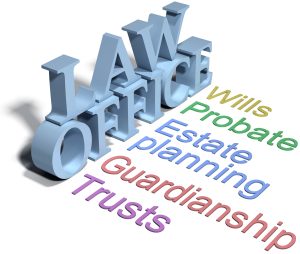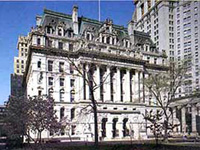 The appointment of an Executor or Administrator to represent a New York estate may, at first, seem rather simple. If a person dies without a Last Will and Testament the estate is inherited by the decedent’s next of kin, known as distributees. Pursuant to Estates, Powers and Trusts Law section 4-1.1 entitled “Descent and distribution of a decedent’s estate”, the persons who inherit are listed in the order of their kinship to the decedent, i.e. spouse, then children and so on.
The appointment of an Executor or Administrator to represent a New York estate may, at first, seem rather simple. If a person dies without a Last Will and Testament the estate is inherited by the decedent’s next of kin, known as distributees. Pursuant to Estates, Powers and Trusts Law section 4-1.1 entitled “Descent and distribution of a decedent’s estate”, the persons who inherit are listed in the order of their kinship to the decedent, i.e. spouse, then children and so on.
Concomitant to this statute is Surrogate’s Court Procedure Act Section 1001 entitled “Order of priority for granting Letters of Administration”, which gives the same priority to heirs to be appointed as a decedent’s intestate estate Administrator. Problems arise regarding the actual appointment for numerous reasons. The New York Probate Lawyer Blog has published many articles concerning the appointment of New York estate fiduciaries. One major area of contention arises when there are multiple individuals who have an equal priority right to appointment who are competing against each other and contesting the other persons appointment. This circumstance often arises when a decedent’s children or brothers and sisters are seeking appointment. The Surrogate’s Court typically is called upon to resolve or rule on such disputes.
In a situation where a person dies leaving a Will, the document typically contains a provision nominating an Executor and usually one or more successor Executors. When this occurs, the nominated fiduciary has the priority to seek appointment as Executor.
 New York Probate Lawyer Blog
New York Probate Lawyer Blog









